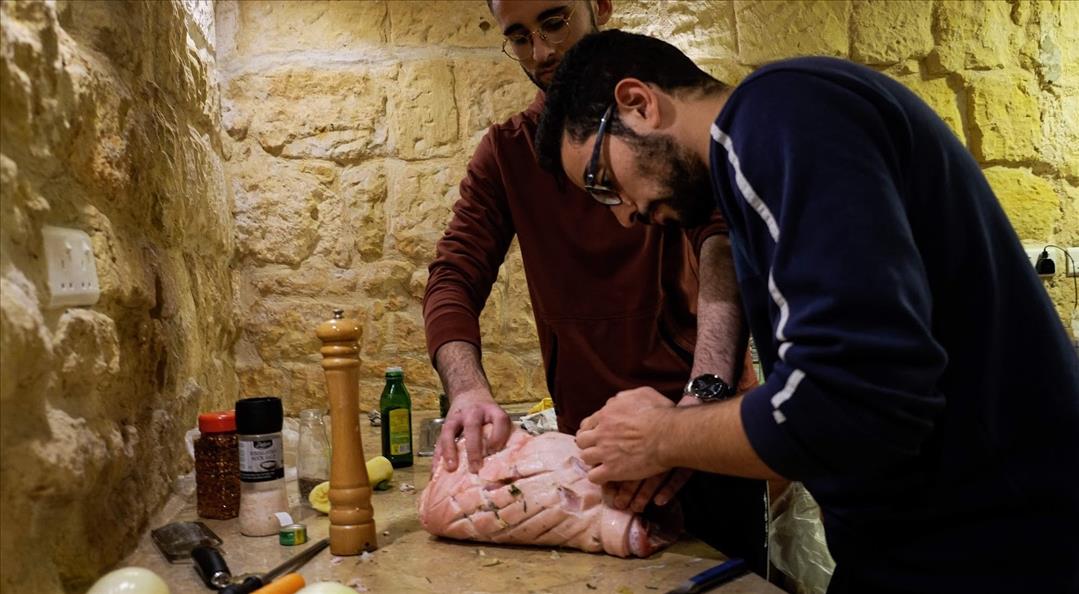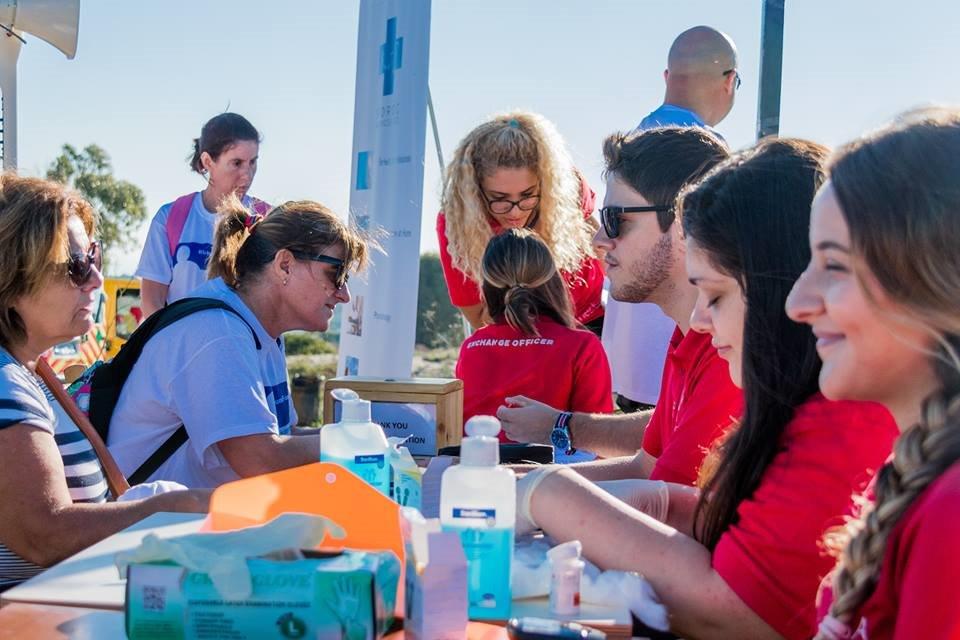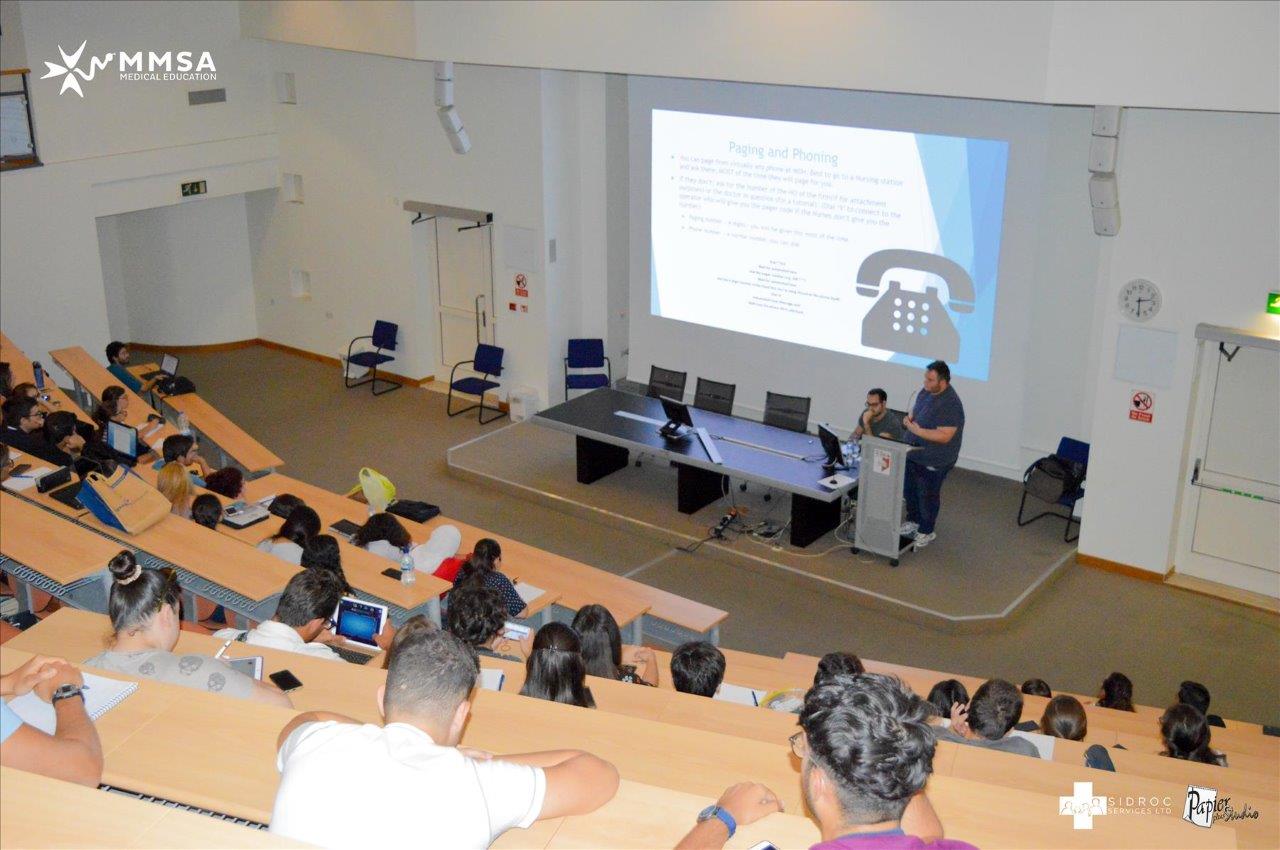MMSA's Student Spotlight for February is Daniel Agius
How did your interest in cooking begin?
Looking back at my childhood, I have quite a few memories of a bustling kitchen and food bringing people together, so in a way there is a nostalgic element to it. On a practical note, if you’re going to be eating 2 (if you’re into wellness and fasting) or 3 times a day, for most days of your life, you might as well get good at cooking.
What is your favourite recipe?
Spaghetti aglio, olio e pepperoncino. It’s a really simple, quick dish (comes together in the time it takes for pasta to be done) consisting of 3 ingredients, which highlights the importance of a few, higher quality ingredients really carrying what you’re cooking / eating.
What/who inspires you to come up with recipes?
While I enjoy watching renowned chefs in the fine – dining scene most of what they do is not practical for a home – cook (cooking utensils available, time, expertise), so most of my inspiration comes from youtube channels I’m subscribed to. My current favorite is J. Kenji Lopez Alt, who provides practical content and tends to give more of a scientific explanation (he also wrote The Food Lab).
What are 3 do’s and don'ts for kitchen dummies?
3 do’s:
- Learn how to use a chef’s knife properly (obviously no one is going to be Gordon Ramsay in the beginning), for safety and with (lots of) practice, saving time. Make sure your knife is sharp; some people find it counter – intuitive but it’s actually safer cause you have more control of it.
- Read Salt, Fat, Acid, Heat by Samin Nostrat. It explains how the five tastes (sweet, salt, sour, bitter and umami) are incorporated into a dish and gives a standard template of what constitutes something that tastes good.
- Season food generously; as a starting recommendation, it should feel like you’re adding too much salt, when in actuality you’d probably be around the required amount.
3 don’ts:
- Say “you’re not good at cooking”; no one is particularly good at anything they haven’t done/practiced much at. As cliché as it is may sound, enjoying the journey/improvement is an important part in any undertaking.
- When searing proteins, don’t overcrowd the pan, since it significantly lowers temperature (searing depends on a higher temp to give a piece of meat/fish a crust)
- Look at recipes as set in stone. Usually each ingredient is contributing an element to food (eg. replacing lemon with vinegar; while not exactly equivalent to each other, normally both would be there to give acidity).







